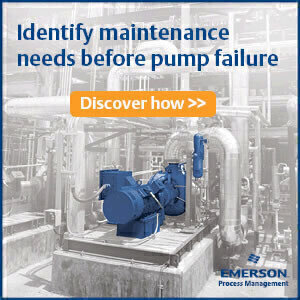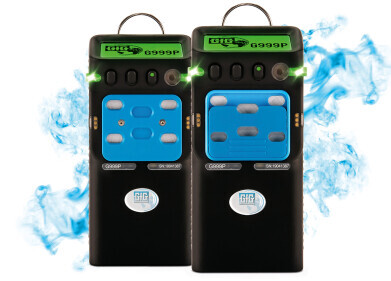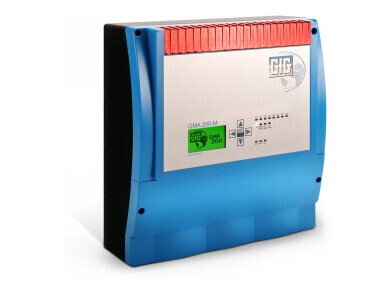Safety
Properly monitoring pumps enables a more reliable, safer plant
Oct 21 2015
Pumps are essential for consistent, safe, and profitable process facility operation. Pump repairs consume an estimated 7% of the maintenance budget in a typical processing facility. Unanticipated pump failures can cause facility slowdowns, shutdowns, and lost revenue opportunities that may never be recovered.
In May 2014, the fourth edition of API Standard 682 was released. API Standard 682 addresses pump sealing systems in the petroleum, natural gas, and chemical industries, and provides guidelines for selecting and monitoring seals. It is particularly applicable for hazardous, flammable, and/or toxic services where a high degree of reliability is required for improving equipment availability and reducing both emissions to the atmosphere and life-cycle sealing costs.
This article instead focuses on pump operations and maintenance, specifically the relevant parts of API Standard 682 Fourth Edition which describes changes in instrumentation used to monitor pump auxiliary seal flush systems. The new edition now indicates a preference for continuous measurements using pressure and level transmitters versus the prior practice of using pressure and level switches. While switches are still an acceptable solution for this application, impacted facilities should evaluate all pump monitoring options and the risks associated with each pump application and select their pump seal monitoring systems accordingly.
Pumps are essential for consistent, safe, and profitable process facility operation. Pump repairs consume an estimated 7% of the maintenance budget in a typical processing facility. In addition, unanticipated pump failures can cause facility slowdowns, shutdowns, and lost revenue opportunities that may never be recovered.
Pump failures can also lead to safety and environmental incidents, and often fires. Negative impacts can include equipment damage, downtime injuries, and even deaths. The result is negative publicity, more frequent environmental agency audits, and remediation costs and fines.
In view of the fourth edition of API Standard 682, offshore platforms, onshore wellheads, refineries, and petrochemical plants need to evaluate what pump monitoring measurements are in place, which measurements require manual field checks, and which should be automated or upgraded to a better option.
Many facilities have limited existing wiring for additional instrumentation, and it's often not economically feasible to implement a wired monitoring solution, especially considering the safety requirements of installing the necessary wiring in an operating process plant. Wireless transmitters provide an economically viable option that is easy and relatively inexpensive to implement.
Per API Standard 682 recommendations, indicating pressure, level and temperature transmitters provide an improved solution compared to traditional switches. This is because transmitters provide a continuous measurement of pump seal flush system parameters instead of a point measurement. Smart transmitters also provide asset diagnostics to ensure the transmitter is working properly, and can allow remote configuration and calibration. Analysis of continuous measurements allows failures to be anticipated, which reduces maintenance costs and increases uptime.
If the indicating transmitters are wireless instead of conventional wired instruments, then implementation is much simpler, quicker and less expensive because there is no wiring infrastructure to install or maintain.
Click here>> to download the free whitepaper on API recommendations for Pump Monitoring:
Digital Edition
PIN 25.1 Feb/March
March 2024
In This Edition Safety - The technology behind the ION Science Tiger XT - Safety with ammonia and LOHCs as hydrogen carriers Analytical Instrumentation - Discussion on new tribology te...
View all digital editions
Events
Apr 28 2024 Montreal, Quebec, Canada
Apr 30 2024 Birmingham, UK
May 03 2024 Seoul, South Korea
May 05 2024 Seville, Spain
May 06 2024 Riyadh, Saudi Arabia


.jpg)















